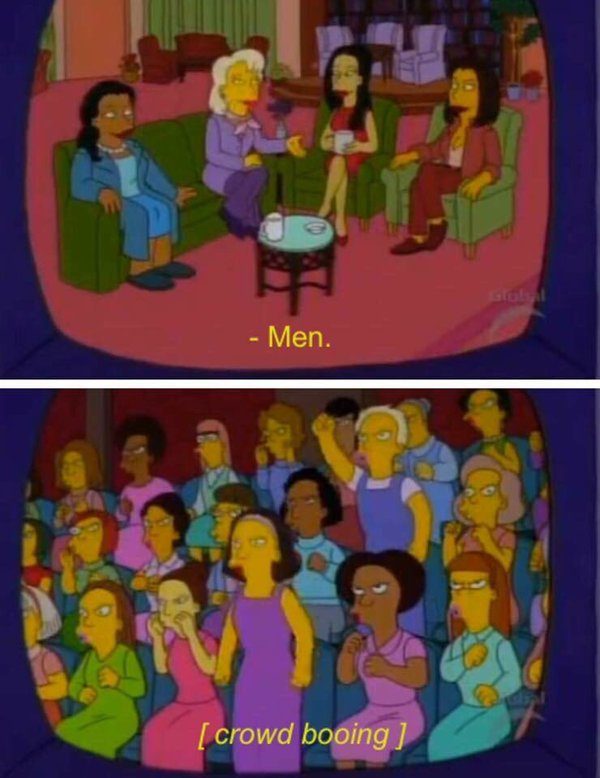2018’s Best Writing and Reporting on Sex Work

How August Ames’ Suicide Is Changing the Porn Industry by Tina Horn
After the tragic death of August Ames left workers reeling, a sprawling industry realized it needed to do better.
Don’t Ask Sex Workers to Solve the Problems of Violently Angry Men by Gaby del Valle
Sex workers are not ethically obligated to fuck the unfuckable.
The New Orleans Police Raid That Launched a Dancer Resistance by Melissa Gira Grant
After a week of police raids and a failed human trafficking investigation, the dancers of NOLA drew a line.
Stormy Daniels’ strip club arrest highlights how evangelical Americans are criminalizing sex work by Susan Elizabeth Shepard
Strip club laws have nothing to do with protecting women and everything to do with appeasing the Christian right.
Columbus Officer Was Under Investigation When He Shot and Killed Donna Dalton by Melissa Gira Grant
Dalton’s murderer had already received eight complaints against him.
Stormy Daniels Isn’t Backing Down by Amy Chozick
“Part of what has made Daniels such an effective adversary to Trump is that she seemingly can’t be humiliated or scandalized. She doesn’t have a carefully crafted image or a political base to maintain. Threaten to leak her sex tape? ‘I’ll leak all of them, and you can have as many as you want for $29.95,’ she says.”
Abused then arrested: inside California’s crackdown on sex work by Sam Levin
Homeless Black and Latinx women were targeted.
Donald Trump Played Central Role in Hush Payoffs to Stormy Daniels and Karen McDougal by Joe Palazzolo, Nicole Hong, Michael Rothfeld, Rebecca Davis O’Brien and Rebecca Ballhaus
Stormy Daniels was right.
A Stranger Truth by Ashkok Alexander Ashkok explains how as the leader of Bill and Melinda Gates Foundation’s campaign against HIV he depended on one of the most threatened and marginalized communities—India’s sex workers—to help snuff out the country’s HIV crisis.
 I’ve made an entire alter ego out of the things people hate most about women: bodily autonomy and self-determination in the form of sex work and body modifications, among other things. The
I’ve made an entire alter ego out of the things people hate most about women: bodily autonomy and self-determination in the form of sex work and body modifications, among other things. The 